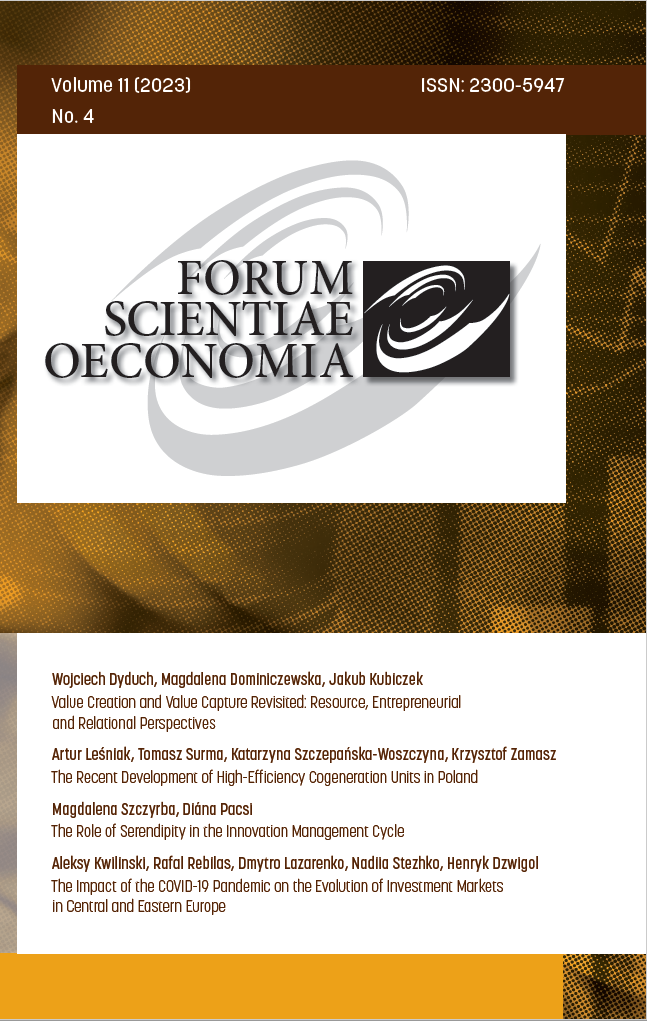Religious Values and Food Waste: A Comparative Study of Roman Catholic Believers and Non-Religious Individuals
Religious Values and Food Waste: A Comparative Study of Roman Catholic Believers and Non-Religious Individuals
Author(s): Jindřich ŠpičkaSubject(s): Socio-Economic Research, Sociology of Religion
Published by: Wydawnictwo Naukowe Akademii WSB
Keywords: circular model of food waste; consumption model; ecological behaviour of consumers; environmental responsibility; food waste management; economic considerations; moral values;
Summary/Abstract: Food waste is a global problem with significant implica-tions for the environment and social justice alike. Despite the importance of religion and faith as social phenomena, their relationship to food waste remains relatively under-researched. This study focuses on Roman Catholicism as one of the most widely practiced religions in the world. The research is based on the analysis of data from the Czech Social Science Data Archive from 2022, which in-cludes responses from 579 respondents aged 15+. The results of research conducted using the CHAID method show that younger and older Roman Catholics have dif-ferent motivations to reduce food waste. Younger believers focus more on moral issues and feel guilty about wasting food, while older believers prioritise economic consid-erations and worry about the amount of food wasted. In addition, the study shows that Roman Catholic house-holds with lower monthly food expenditures show more compassion for those in need and feel guilty about food waste, while non-religious individuals in households with higher expenditures are more likely to waste food. These conclusions suggest the inf luence of Catholics’ moral and economic values on consumers’ food waste attitudes and behaviour. The study adds a new piece to the mosaic of factors that inf luence food waste and people’s attitudes toward it.
Journal: Forum Scientiae Oeconomia
- Issue Year: 11/2023
- Issue No: 4
- Page Range: 99-122
- Page Count: 24
- Language: English

